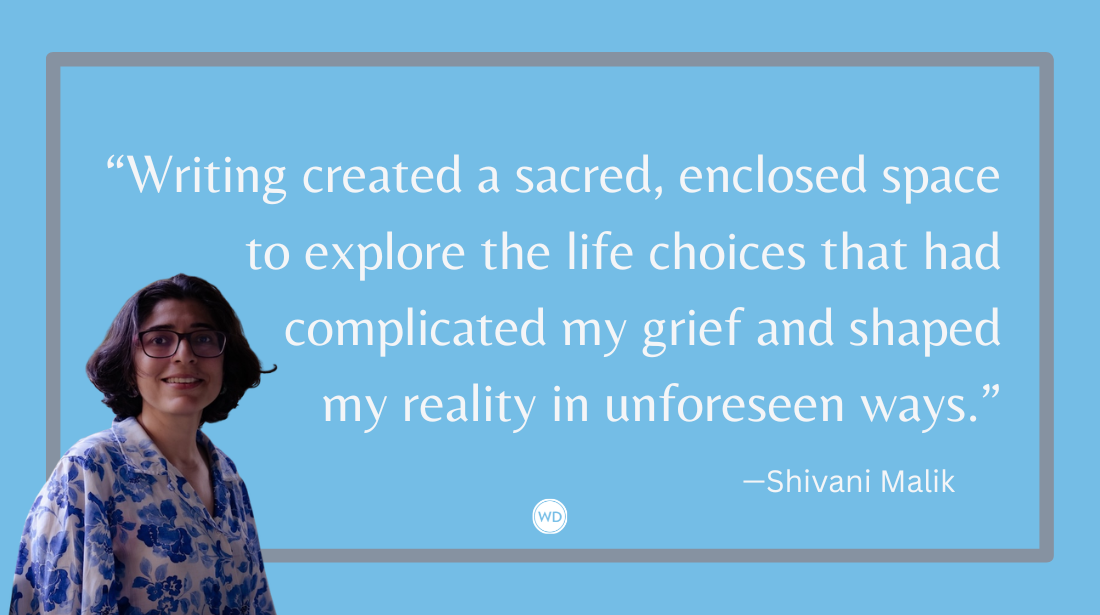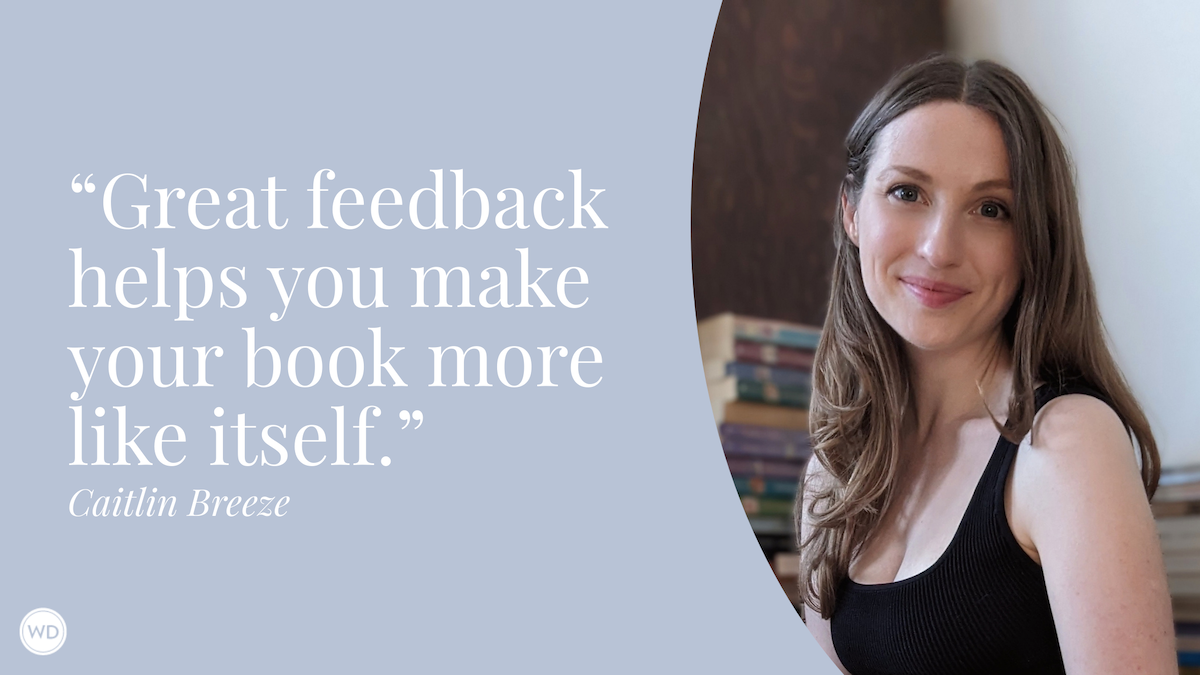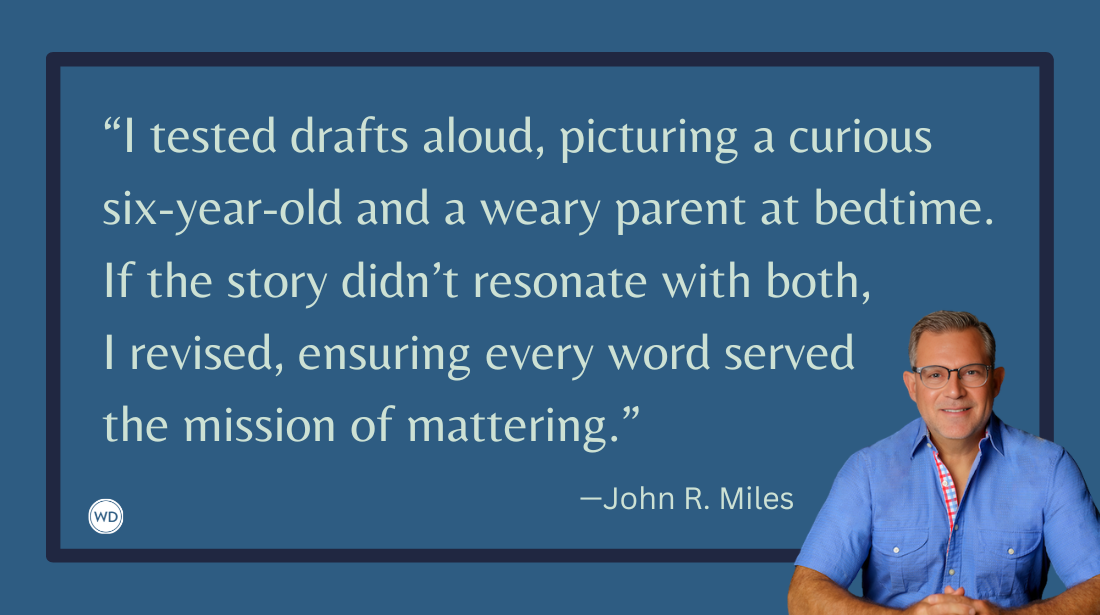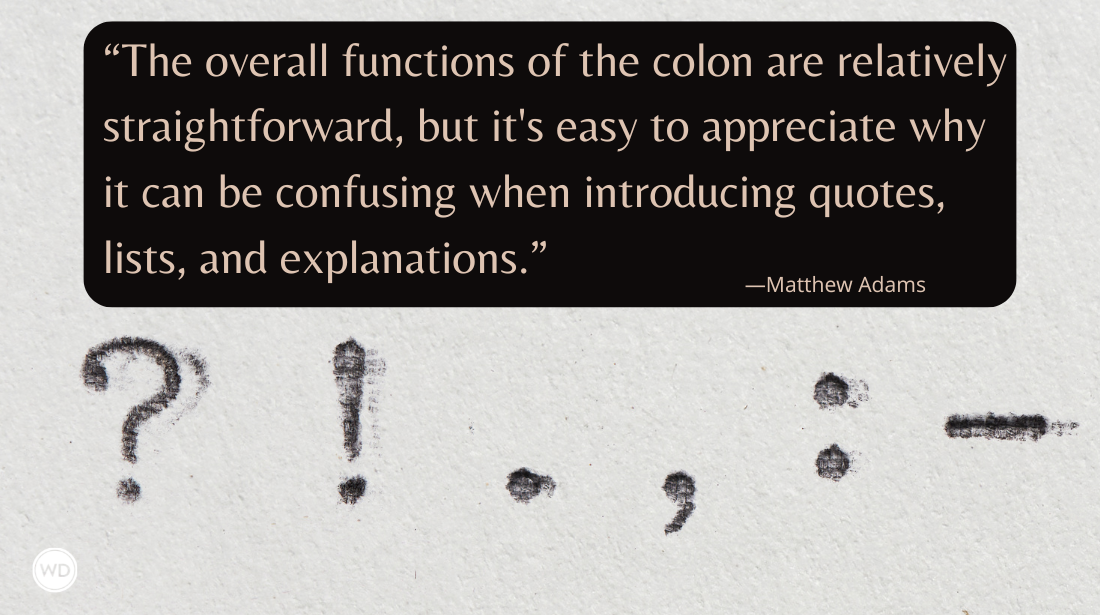The Character Next Door: How to Tap Into Relationships and Communities to Create Realistic Characters
Author Eric Rickstad shares how the people we know (our neighbords, co-workers, etc.) can help writers create realistic characters.
Relationships and communities are as essential to novels as characters. My first taste of storytelling and characters was in my small hometown. My mother was a clerk at a hardware store where locals hung out gossiping and telling tales. It wasn’t just their stories that captivated me, but their behavior and mannerisms, their voices. It was theater, each person a character. My early short stories often borrowed from these and other people around town.
The small town I live in now is a wonderful community. Each day someone says or does something at the convenience store, the post office, or elsewhere that I will use in a novel. But it is in the more meaningful close relationships in them that lead to complex and nuanced characters on the page with a specificity found in real genuine exchanges.
A few years ago, I volunteered to coach my seven-year-old son’s Little League team. I’d never coached at any level and was in over my head. So was the other father who volunteered for the first time. We quickly learned that wrangling a dozen seven-year-olds on weeknights when the kids, and we, were exhausted is not easy, even for a Detective-Lieutenant of the Major Crimes Unit who oversees all homicides across Vermont, which the other father is. We’d never met before, but soon learned each other’s careers. He: the state’s lead homicide detective. Me: a “crime writer.”
As we struggled together with the learning curve of coaching kids, we became friends. I’d ask about his job and he began to offer me ideas for good crime novel plots. I’d ask how to handle a certain murder case in a book and he gave me the answers. What I learned from him was invaluable. Not just procedure and the law, but about him as a father and husband, a high school soccer game emcee, youth baseball coach, and a homicide detective who sees the ugliest side of human behavior.
One Friday night after a practice, our families were heading to the parking lot and he said, “See you at the game tomorrow.” But before we got in our vehicles he got a call, said a few words, and hung up. He wouldn’t be able to coach the next day. He’d been called to a murder investigation. His daughter was upset, his wife was disappointed. The murder had taken place hours away in northern Vermont. He had to head out straight away. He had a go bag ready in his truck. It was a three-hour drive north to the crime scene, and once he got there he would spend several, 16-hour days before he came home. His job meant leaving his family for an indeterminate amount of time, without notice, anytime at all times, whether it was 2 a.m. on Christmas Eve or while on vacation in Maine for the 4th of July.
Another time when we were picking up our kids at school, he said he had to head out right after. When I said it must be hard dealing with violence and murder, he said what was hard right then was finding a babysitter for the next few days, and someone to pick his daughter up and drop her off at school because his wife’s schedule didn’t allow it. He had to find a mom and pop motel to stay in for three days up north in rural Vermont. It was supposed to snow hard, making a three-hour drive a treacherous five-hour drive.
These, and many more practical real-life considerations inform how I write detectives now. I have a genuine insight into the pragmatic and emotional challenges and stresses, and the coping skills needed to navigate them and a family and small-town life. It’s not even information you can get in an interview and definitely not by just doing research. It’s made my characters richer and more realistic.
When I was working on the early draft of Remote: The Six, my novel that’s out now, a friend asked me casually about it and I told him it involved FBI agents and I had no clue what I was doing regarding the FBI. Well, he had a friend who knew two career FBI special agents. He set it up for us to speak. They are a married couple with long careers as Special Agents. I was very fortunate. They spent hours on the phone with me and answered every question I had about their profession, from the gear and weaponry used to surveil and swarm a house in very specific situations, to chain of command, warrants and flak jackets, hi-tech surveillance and going undercover, and what their ordinary family lives are like and how their careers impact them, and how real life impacts their careers. Without randomly talking to this friend one day, I’d never have found these two particular agents who were so generous and specific. They made Lukas Stark, the FBI agent and protagonist of Remote, authentic and believable in a way I could never have done with my imagination or online research.
Another, darker, instance where community gave me insight into believable characters was when a close childhood friend robbed a Denver bank at gunpoint and fled in his vehicle. He was chased by a CNN helicopter and the police. This was the late 1980s. It was the first live fugitive chase in history. While I was watching it unfold, I had no idea the fugitive was my friend. He ran down and killed an officer going 80 MPH, then crashed his vehicle. He attempted to kidnap a mother and her baby and commandeer her car but she got away as he fired his handgun at her. He took an elderly man hostage and had him drive. The helicopter eventually cornered the truck in a parking lot and my friend was shot 13 times and killed, on live TV.
I had no idea this was my friend until after he was killed and they showed his mugshot and said his name. He’d escaped a Texas prison where he was serving a life sentence for kidnapping. I had no idea about that either. This friend had always been an easy going, charming, and funny teenager when I knew him. A good friend. Generous and down to earth. Athletic and handsome. Ever since then, I’ve explored what happens along the way to turn some people to violence and crime.
In this case, I learned a traumatic and horrific event happened to him regarding his father’s suicide before he moved to our neighborhood. This stuck with me my whole life. It gives me great insight into how I write certain criminals whose backgrounds are traumatic and very hard to escape, who would not be criminals at all if not for that trauma that triggered it years prior.
Every day, everywhere we writers go in our communities, the people we meet, every friend and co-worker and stranger, every fellow citizen is an opportunity to discover how a person’s voice and mannerisms and beliefs and appearance can help create realistic and nuanced characters to inhabit the communities in your fiction.









